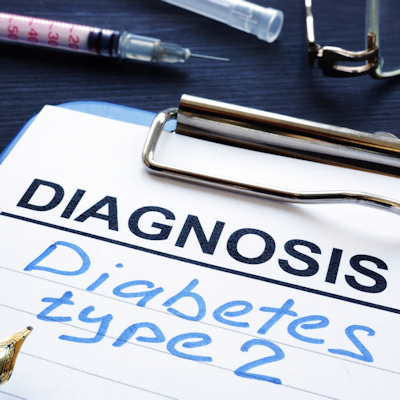March 20, 2023 -- A study published Monday in the Canadian Medical Association Journal found that although gestational diabetes is reportedly on the rise, changes in screening practices may largely explain the increase.
The rates of gestational diabetes -- high blood sugar that starts, or is first diagnosed, during pregnancy -- were investigated by researchers in British Columbia.
Gestational diabetes occurs when a hormone made by the placenta prevents the body from using insulin properly. Blood sugar, or glucose, then builds up in the blood instead of being absorbed. If left untreated, complications may include macrosomia, a larger-than-normal baby that can be difficult to deliver, or very low infant blood sugar levels, called hypoglycemia.
Although the condition generally resolves once the baby is delivered, both mother and child have an increased risk of later developing type 2 diabetes. Although gestational diabetes is manageable during pregnancy, a diagnosis affects both patients and the health system, requiring lifestyle changes, additional healthcare appointments, and monitoring during and after pregnancy.
In 2017, British Columbia had the highest provincial rate of gestational diabetes at 13.9%, compared with 9% across Canada. The researchers analyzed the data for more than 550,000 pregnancies in British Columbia from 2005 to 2019, as well as the screening method and rates of screening completion. During the study period, gestational diabetes diagnoses doubled from 7.2% to 14.7%. The rise was attributed to older maternal age, less exercise, and less-healthy diets.
However, the researchers found that the increase was largely due to changes in gestational diabetes screening practices, from a two-step screening process to a more sensitive one-step screening process. Screening completion increased from 87.2% in 2005 to 95.5% in 2019. The use of one-step screening methods increased from 0% in 2005 to 39.5% in 2019 among those who were screened. Unadjusted models estimated a 2.04 increased risk of gestational diabetes in 2019 compared with 2005. This increased risk decreased to 1.89 after accounting for the rise in screening completion, and further decreased to only 1.34 after accounting for changes in screening methods.
Despite concerns that a higher proportion of pregnant women with high body mass index, older maternal age, or greater obstetric risk were leading to higher rates of gestational diabetes, these factors did not significantly contribute to the yearly increase in gestational diabetes in British Columbia across the 15-year study period. The researchers say their study highlights the importance of having accurate data on screening methods and completion to better understand the rising incidence of gestational diabetes observed elsewhere.
"We need to look at gestational diabetes policies in British Columbia, because screening changes alone are driving the substantial increase in diagnosis in our province," Elizabeth Nethery, lead author and a University of British Columbia postdoctoral research fellow, said in a statement. "We need to make sure that any increase in diagnosis is truly beneficial to both patients and the healthcare system."
Copyright © 2023 scienceboard.net














